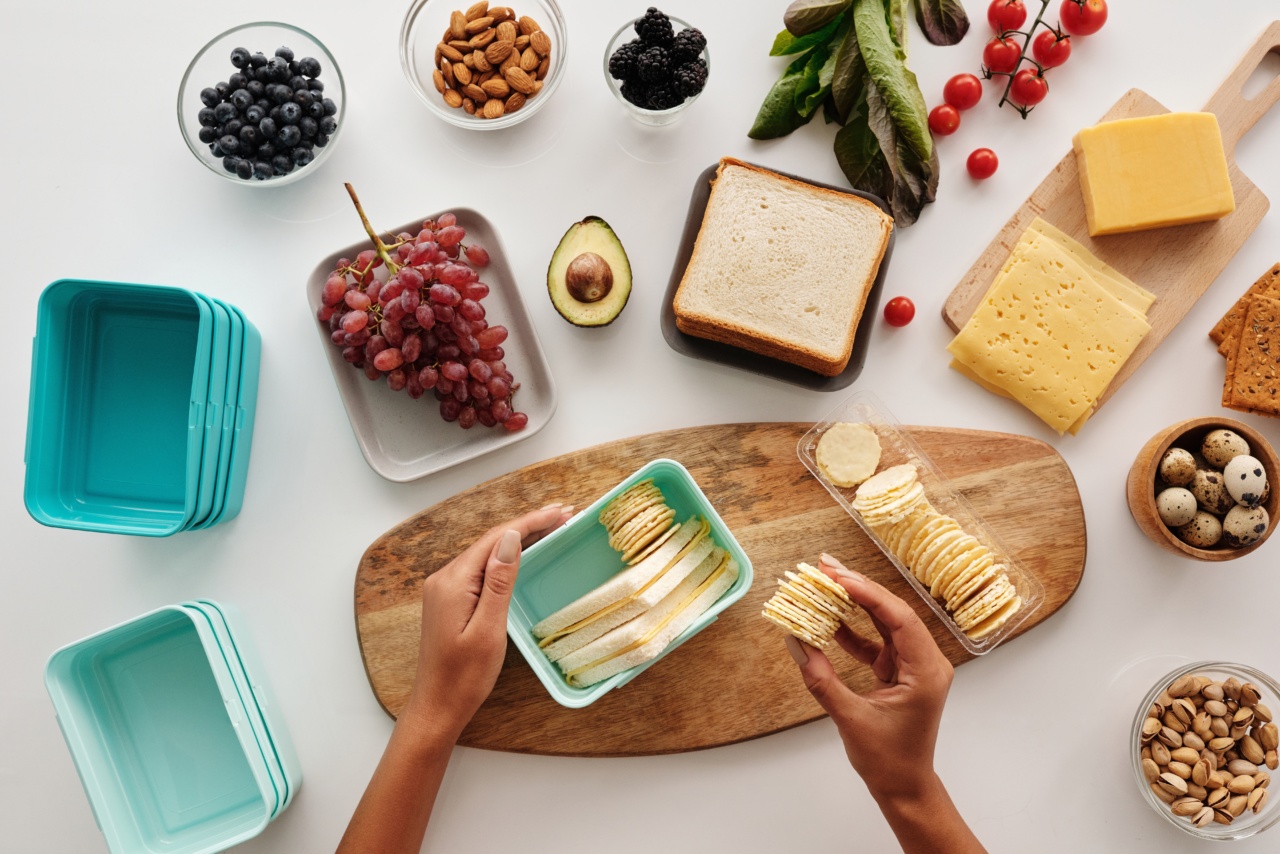Food is an essential part of our daily routine. It fuels our body, provides energy and helps us stay active. However, not all foods are created equal. Some foods can trigger anxiety, which can be disruptive to our mental and emotional health.
Consuming these foods can lead to a rise in cortisol, the body’s stress hormone, which can cause feelings of anxiety and stress. In this article, we’ll take a closer look at some of the anxiety-causing foods and how to eliminate them from our diet.
Foods to Avoid
Anxiety-causing foods can vary from person to person. However, some of the most common culprits are:.
1. Caffeine
Caffeine is a powerful stimulant that can lead to a range of physical symptoms, including an increase in heart rate, jitteriness, and nervousness.
While some people can consume caffeine without any ill effects, those prone to anxiety should limit their caffeine intake. Caffeine can be found in coffee, tea, energy drinks, and some sodas.
2. Alcohol
Alcohol is a depressant that can initially make you feel relaxed. However, as your body metabolizes the alcohol, it can lead to feelings of anxiety and even panic attacks. Alcohol can disrupt your sleep patterns, which can also lead to anxiety.
3. Sugar
Sugar is known to spike our blood sugar levels, leading to a rush of energy followed by a crash. This can cause feelings of anxiety and jitteriness, as well as contribute to mood swings and fatigue.
4. Processed Foods
Processed foods are often high in artificial ingredients, preservatives, and chemical additives that can negatively impact our mental health.
These substances can disrupt our gut microbiome, leading to inflammation and contributing to feelings of anxiety and depression.
Alternatives to Anxiety-Causing Foods
1. Caffeine Alternatives.
If you’re trying to reduce your caffeine intake, there are plenty of alternatives to choose from. Herbal teas like chamomile, lavender, and lemon balm can be soothing and help reduce feelings of anxiety.
You can also switch to decaffeinated coffee or tea.
2. Non-Alcoholic Beverages.
If you’re looking for a relaxing beverage, there are plenty of non-alcoholic options available. Herbal teas, flavored water, and sparkling water are all good options.
If you’re looking for something with a little more flavor, you can also try fruit juices or smoothies.
3. Natural Sweeteners.
If you’re looking for a sweet treat, there are plenty of natural sweeteners to choose from. Honey, maple syrup, and stevia are all good alternatives to refined sugar. You can also try incorporating more fresh fruit into your diet.
4. Whole Foods.
Choosing whole foods over processed foods can significantly improve your mental and emotional health. Whole foods are typically low in sugar and high in fiber, vitamins, and minerals.
They help keep our gut healthy and balanced, reducing inflammation and keeping our mood stable.
Conclusion
Eliminating anxiety-causing foods from your diet can be a significant step towards reducing feelings of anxiety and promoting overall mental health.
By incorporating whole foods, natural sweeteners, and non-alcoholic beverages into your diet, you can help keep your body and mind in a healthy and balanced state.































